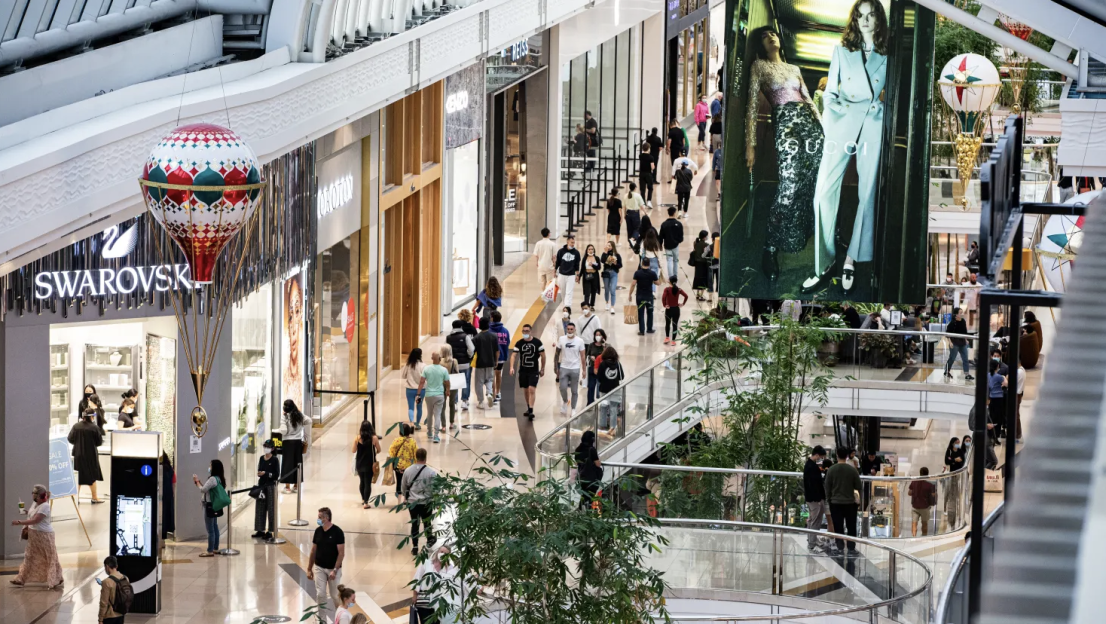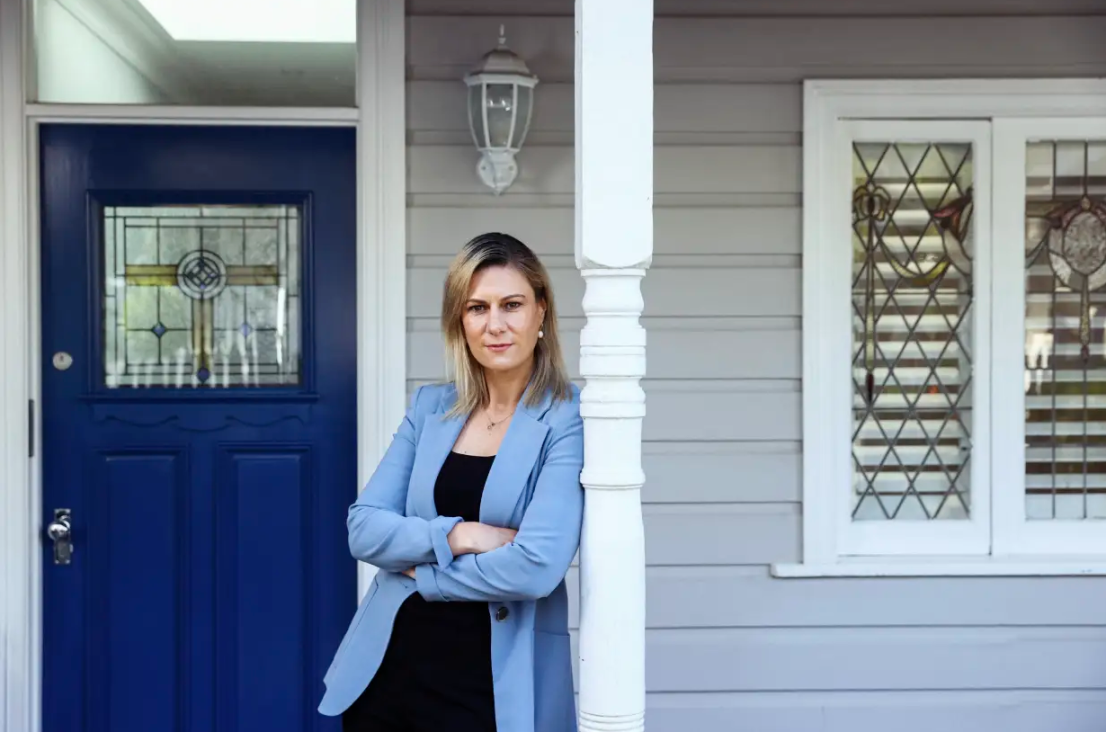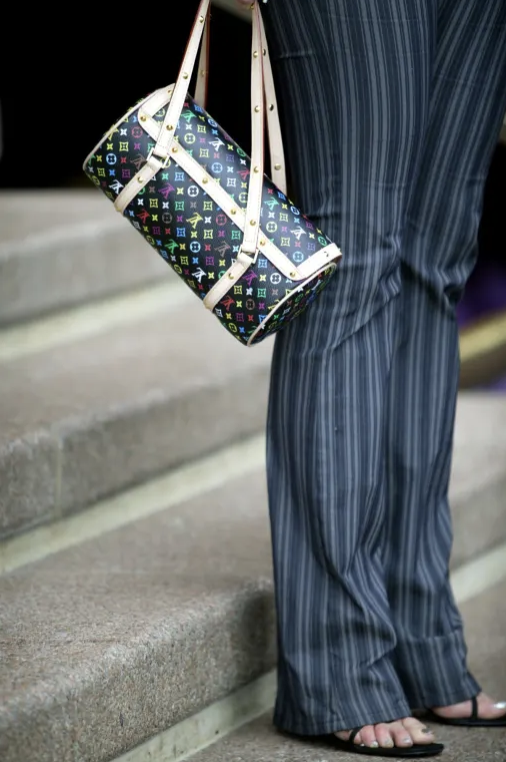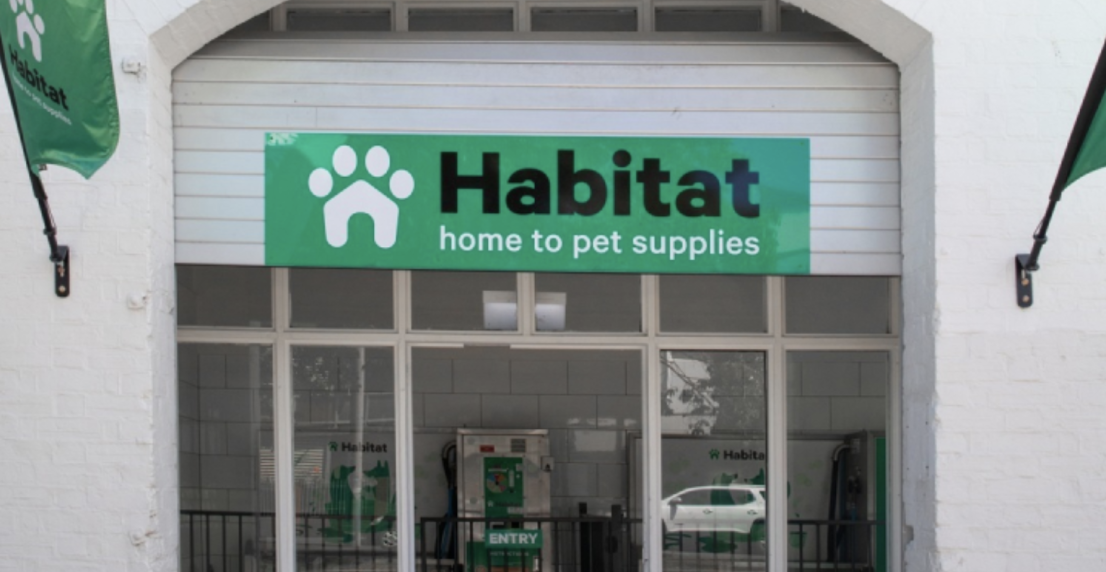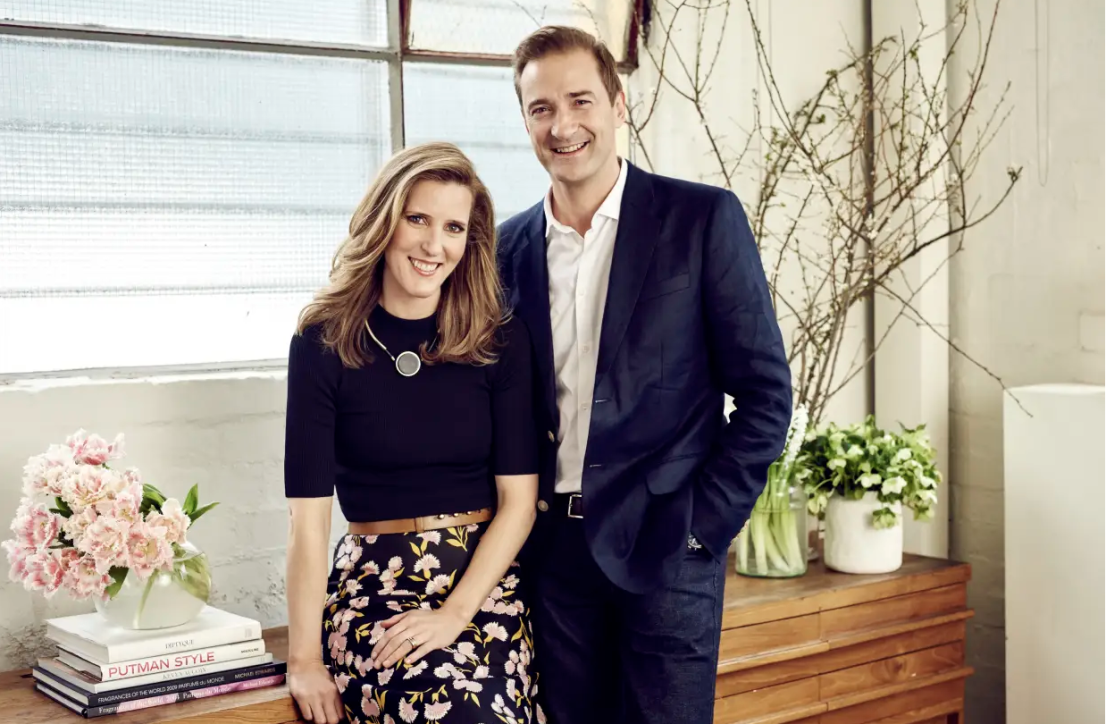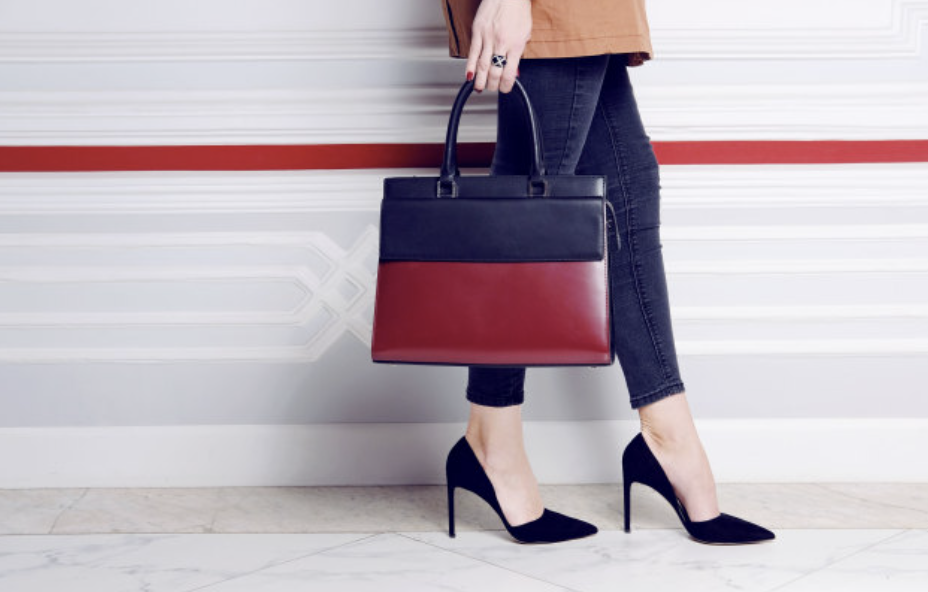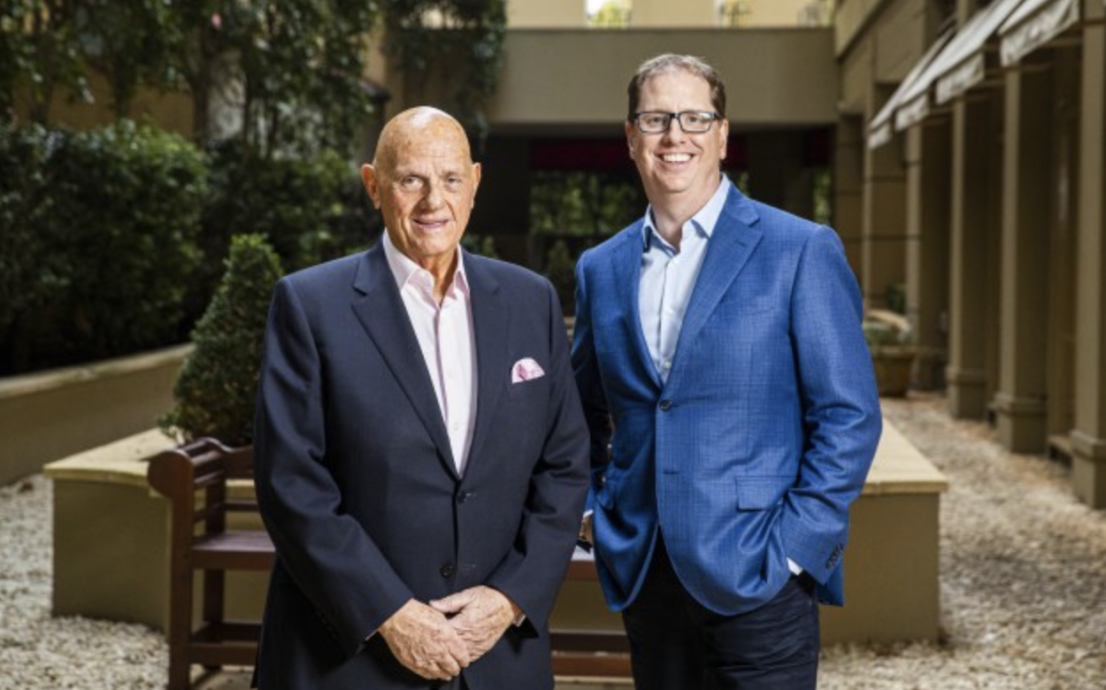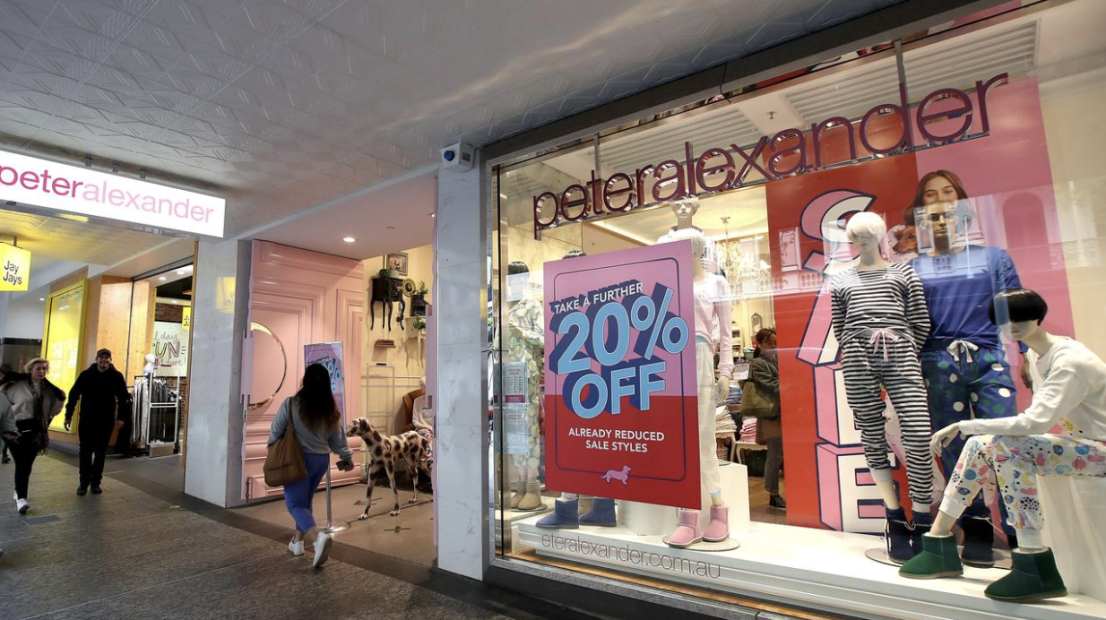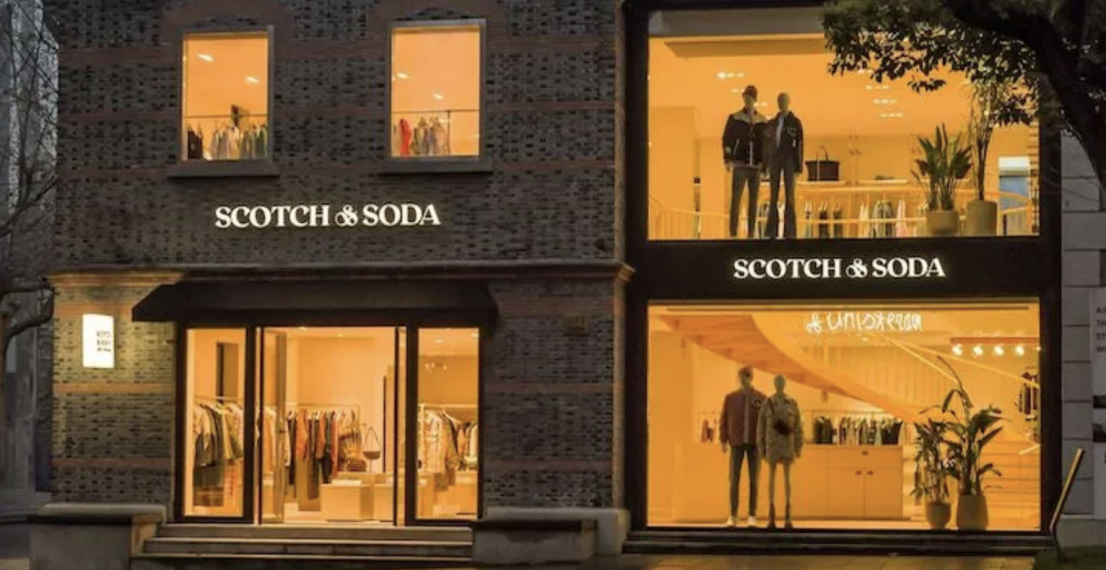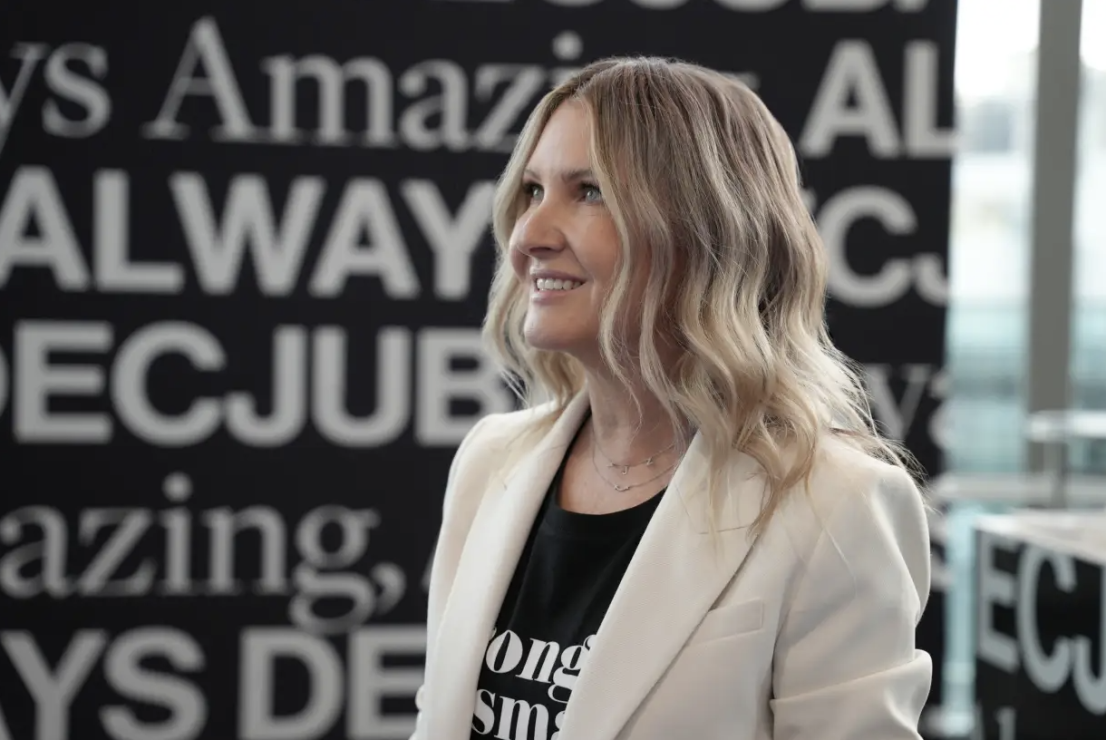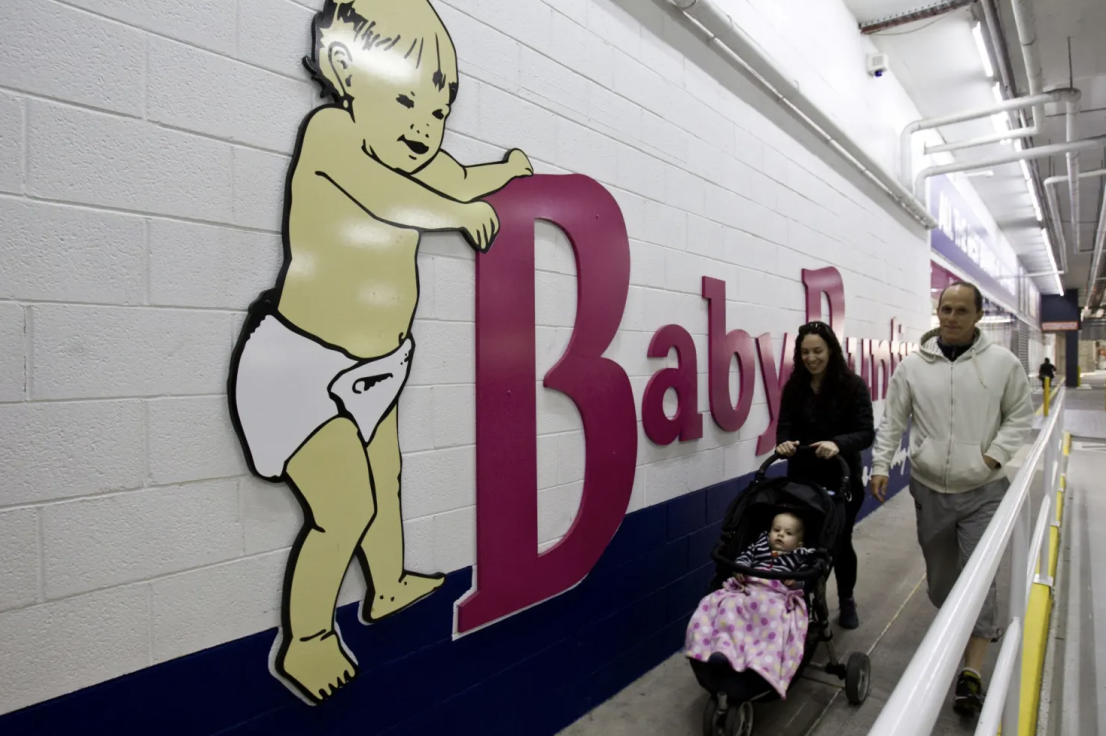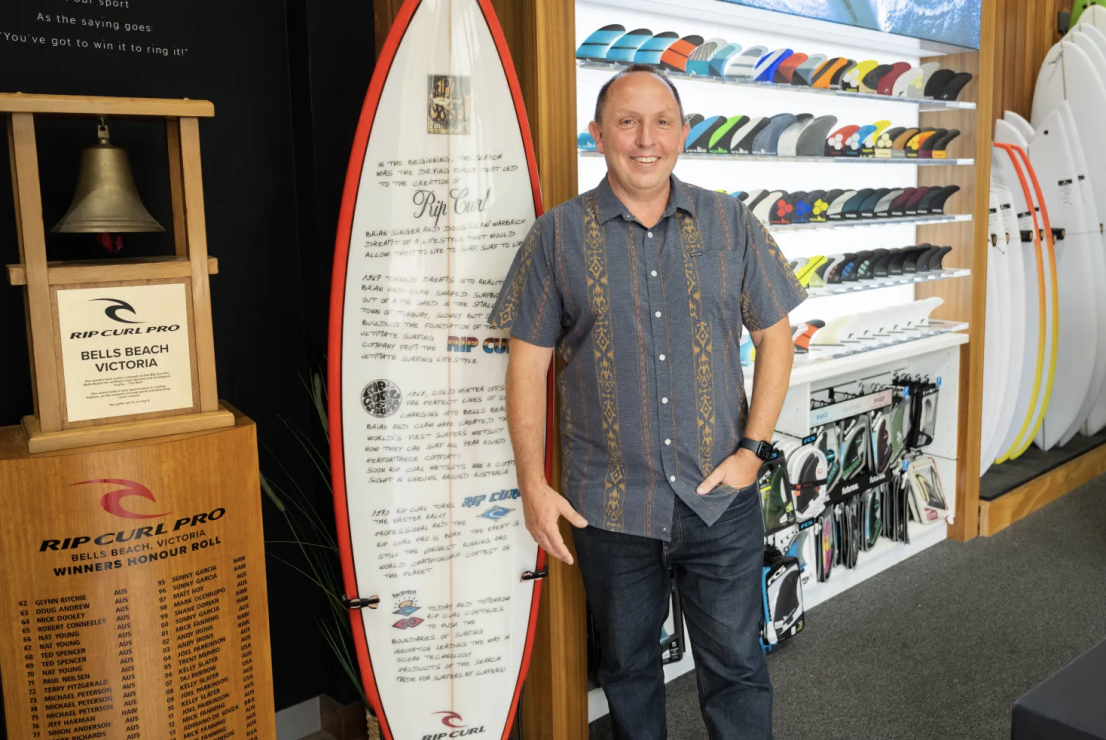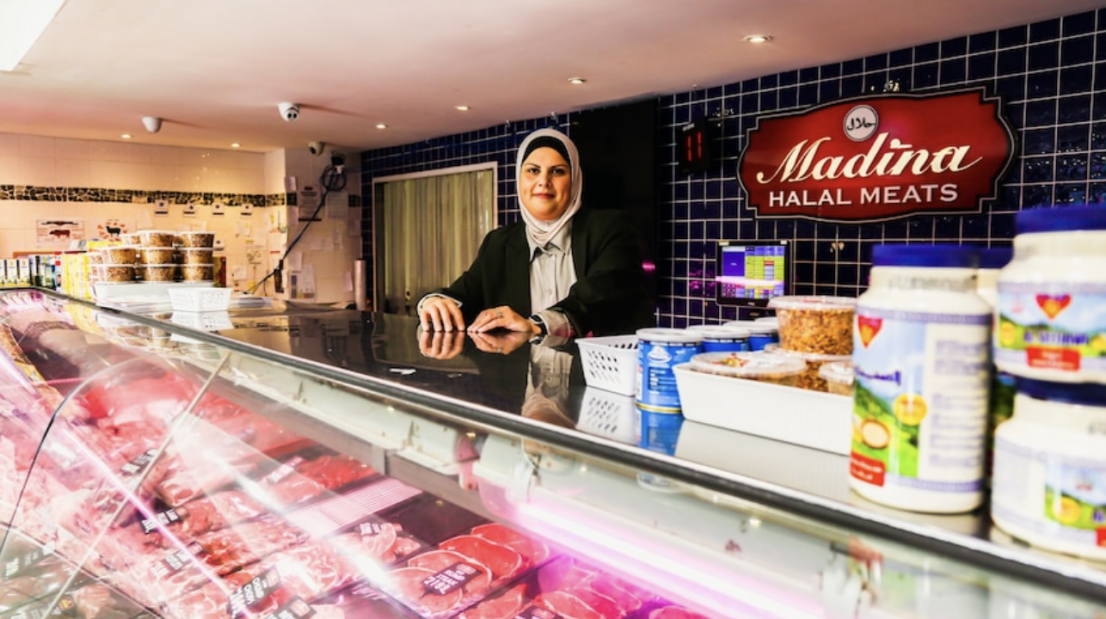Authentic Brands Group will look to expand Boardriders branded shop-in-shops, retail stores, e-commerce and wholesale distribution, as well as establish an online marketplace, after finalising its deal to buy the parent of Billabong and Quiksilver.
ABG chief executive and founder Jamie Salter overnight penned a definitive agreement to purchase Boardriders, owned by Oaktree Capital Management, which values the group at $US1.25 billion ($1.88 billion). The transaction was flagged a week ago after a prolonged sale process.
Billionaire Mr Salter said on his Instagram feed that as an early believer in the global appeal of action sports, “this one brings me back to my roots. We see big things on the horizon with @weareboardriders.”
The acquisition includes two of Australia’s most well-known surf labels, Roxy, RVCA, DC Shoes, Element, VonZipper and Honolua, as well as local retailer Surf Dive ’n Ski, which has more than 80 locations and an e-commerce platform.
Boardriders has operations across the Americas, Europe, Australia and Asia via a network of 500-plus owned retail stores, 7000 wholesale accounts, and e-commerce sites in 35 countries. It posted about $US1.8 billion in top-line sales last financial year to October 31.
ABG staff visited Australia in January as part of its due diligence process and will now likely send a team down under to hammer out final details with regional operating partners.
Headquartered in New York, ABG connects brands with operating partners and distributors, and earns royalty fees. Its brand portfolio includes surf, skate and snow brand Volcom, Reebok, Brooks Brothers, Elvis Presley, David Beckham, Juicy Couture and Ted Baker.
ABG confirmed that it will look to leverage its global network of category experts and operating partners to convert Boardriders into a licensed business model.
“The company is in discussions with several current and new operators in key regions to manage the manufacturing, physical retail, e-commerce and wholesale operations of Boardriders,” it said in a statement.
It already has licensing deals with two of its brands, Nautica and Brooks Brothers, with True Alliance. Michael Hendler’s True Alliance also holds the exclusive distributor rights of The North Face in Australia and New Zealand.
Conquest Sports, which holds the rights for the Converse brand in Australia and New Zealand, also has a joint venture with Blue Star Alliance to distribute surf brand Hurley locally. Blue Star looked at buying Boardriders, and could still strike a deal with ABG for certain brands via this JV.
ABG in 2021 bought US outdoor sportswear retailer Eddie Bauer, which was added to SPARC Group, a joint venture between mall owner Simon Property Group and ABG. It could add the Boardriders operations in the US to this platform, leaving only Asia Pacific and Europe to licence operations or brands.
Boardriders has a big business in Australia and NZ. It has its regional HQ at Burleigh Heads, Queensland and an office at Torquay, Victoria. It has about 300 corporate staff and 1200 working in retail at its 157 stores.
Some brand owners keep tight control of the brand designs and ethos by centralising design and specification while other owners allow local licence holders have more flexibility in terms of localising product design.
“There are no hard and fast rules. It will be interesting to see how they try to make this work regionally,” said one retail boss, who wished to remain unnamed.
“They need to find a middle ground. They need enough relatively locally to sell products because there are differences in countries and regions.”
It is unclear if Boardriders CEO Arne Arens will remain in the business, but his role would be significantly reduced given the operational break-up. He said in a statement that it was great to find a home for Boardriders with Authentic, one of the world’s premier brand owners and marketing platforms.
“Our brands and business have strong equity and an established and profitable organic growth strategy in place. We are confident that Authentic will bring the expertise and resources required to drive the next phase of Boardriders’ journey,” he said.


